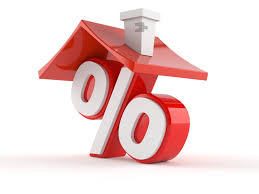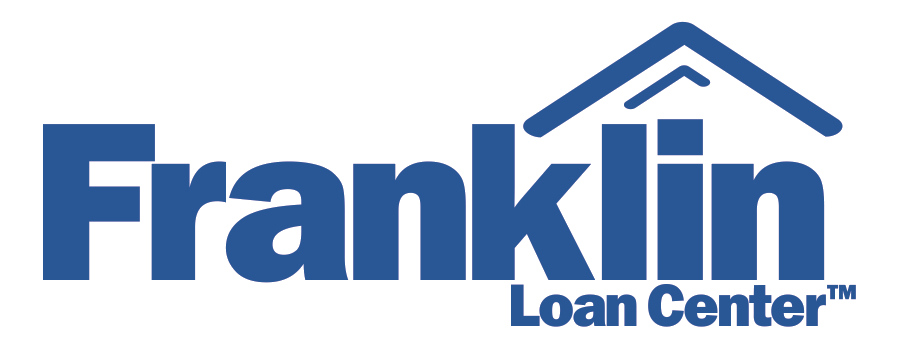Will Rising Mortgage Rates Impact Housing?
Filed under: Market Comentary
 In case you haven’t noticed, mortgage rates are now at the highest level in two years and the Federal Reserve just raised rates on Wednesday.
In case you haven’t noticed, mortgage rates are now at the highest level in two years and the Federal Reserve just raised rates on Wednesday.
Even before the Fed’s move, the average rate on a 30-year fixed mortgage went up from record lows immediately after the presidential election.
According to a recent article by Diana Olick of CNBC, however, even with the increase, there is still a debate over if these rising rates actually matter in the housing world because increasing rates indicate a stronger economy, and a stronger economy favors housing.
Doug Duncan, chief economist at Fannie Mae said in a recent interview, “If interest rates are rising because the economy is growing more rapidly, then, typically, incomes also rise, and the rise in incomes offset the increase in the size of the mortgage payment, and housing goes just fine.”
Olick also explained that even with the majority of current and prospective homeowners believing favorably in the real estate market, there is a big concern about how the Fed’s increase will hit housing affordability.
On Tuesday, Berkshire Hathaway HomeServices, which is a real estate brokerage, released a report explaining that 76% of current homeowners and 79% of prospective homeowners cite increasing interest rates as “a challenge” impacting today’s housing market. These numbers are 16% and 8% jumps, respectively, from the same time last year.
The Berkshire report also explained that buyers and owners would feel “anxious” if rates went higher.
Stephen Phillips, president of Berkshire Hathaway HomeServices said, “Mortgage rates remain near historic lows, although it may not seem that way to recent, first-time buyers and those considering a home purchase.”
In addition, experts at Redfin predict that rates will not move that much higher in 2017 and that access to credit will become easier. Nela Richardson, chief economist at Redfin said, “In 2016, large financial institutions such as Bank of American, JP Morgan, Wells Fargo, and Quicken all introduced mortgages requiring as little as 1% to 3% down. We expect increased in the availability of low down payment mortgages to draw more millennial buyers into the housing market.”
Zillow researchers, who surveyed consumer housing trends, found that buying a home is less tied to “current mortgage rates” and more closely tied to a consumer’s “financial well-being.”
Erin Lantz, vice president of mortgages for Zillow said, “While those looking to buy a home are understandably concerned about the path of rates ahead, it’s important to remember that borrowing costs remain exceptionally low by historical standards.”
Lantz added, “Rising rates may impact the location or size of the home they hope to purchase, but buyers that are fully committed to buying a home are unlikely to be swayed by the FOMC’s decision to raise rates.” The FOMC is the Federal Open Market Committee.
But, according to Olick, affordability is weakening for those who want to buy, especially for first-time buyers.
Not to mention, the greatest barrier to the upcoming spring housing market in 2017 is not higher mortgage rates, but the lack of supply.
If you have any questions about the mortgage industry, please feel free to give me a call so we can discuss what is on your mind.
source:http://www.cnbc.com/2016/12/13/how-rising-rates-may-not-matter-for-housing.html

 Franklin Loan Center | NMLS 237653
Licensed by the Department of Financial Protection and Innovation under the California Residential Mortgage Lending Act, 4131316
Franklin Loan Center | NMLS 237653
Licensed by the Department of Financial Protection and Innovation under the California Residential Mortgage Lending Act, 4131316